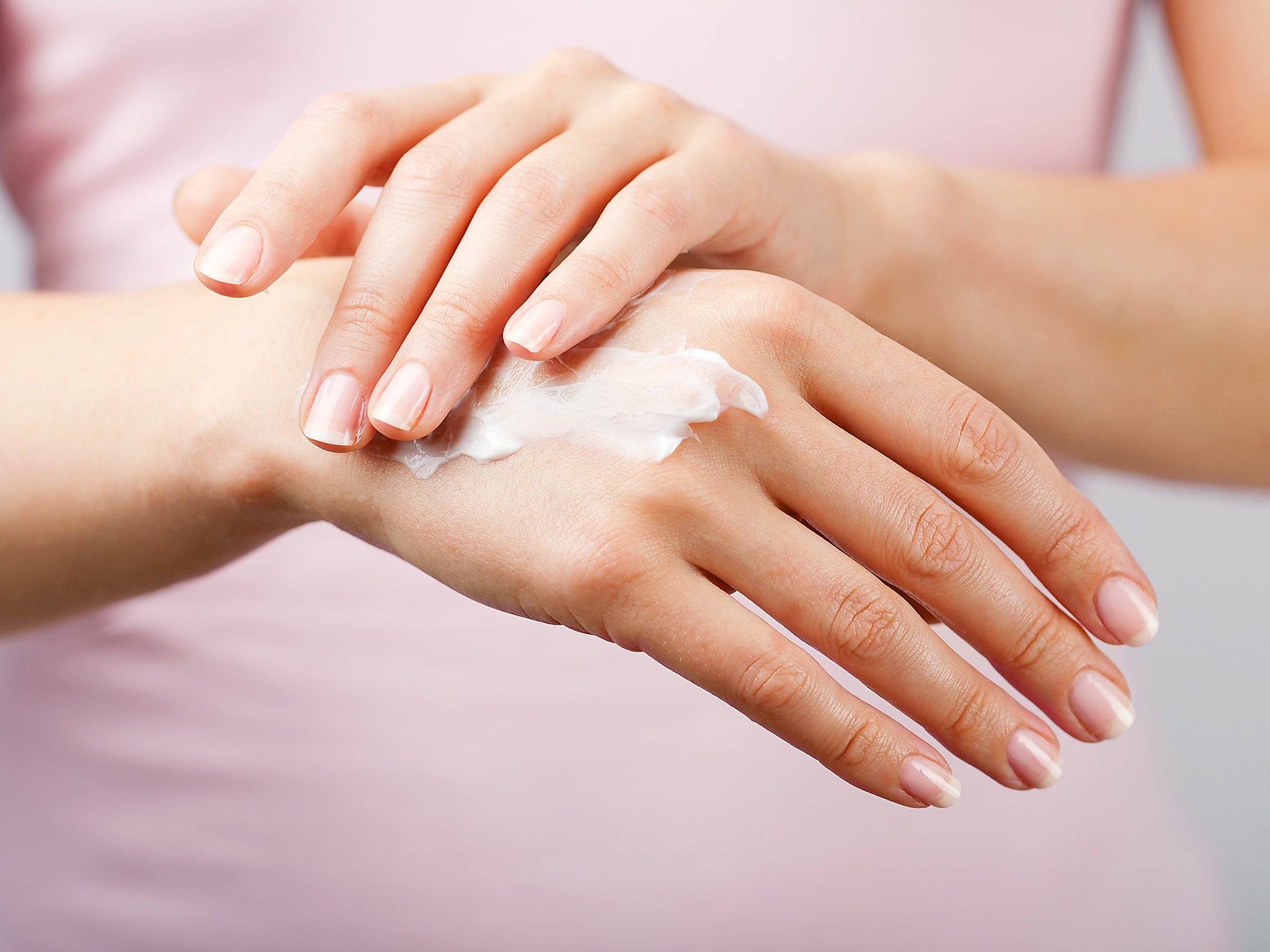Skin creams containing paraffin causing people to catch fire and die, investigation finds
Six fire brigades in England have reported 37 deaths linked to the products since 2010

Skin creams containing paraffin are causing people to set themselves on fire, sometimes with lethal consequences, it has been reported.
Paraffin creams are used for skin conditions such as eczema and psoriasis but can also soak clothes or bedding, which can make the fabric flammable.
Warnings have been made for the past 10 years but an investigation by BBC Radio 5 live found there have been 37 deaths linked to the creams in England since 2010.
The medicine and healthcare products regulatory agency updated its guidance on the use of creams containing paraffin and said that all products should carry a warning.
Following the death of 63-year-old Christopher Holyoake in Leicester in 2015, an inquest heard that his bedding had been covered with residue from E45 cream, which contains paraffin.
Mr Holyoake, who was bed-bound, caught fire when smoking a cigarette. The E45 residue is believed to have acted as an accelerant, increasing the intensity and speed of the fire and leaving the patient very little chance of surviving.
The coroner concluded that “there is a risk that future deaths will occur unless action is taken”.
The fact E45 had no fire warning on its packaging was a cause of concern to the coroner, who said a “highly inflammable” label should be added.
E45 has since agreed to include a flammability warning on some of its products, which will be available in shops from next month, the BBC reports.
Only six fire brigades in England provided information for the report, which detailed 37 fatal incidents – 28 of which were reported by the London fire brigade, the BBC investigation found.
Borough commander for London’s Wandsworth Fire Station, Darren Munro, who has been campaigning to raise awareness, said: “In four out of the last six fatalities that I’ve personally attended, I would say the emollient cream has had a direct result in the flame spread and the speed at which the fire took hold.
“The creams themselves aren’t dangerous, it only becomes dangerous when you mix it in with other factors.”
It is suspected the scale of the issue could be much bigger, with some people not reporting a fire they have been able to put out.
John Smith, the chief executive of Proprietary Association of Great Britain, the trade association which represents the manufacturers of branded over-the-counter medicines, said he was "deeply saddened" to hear about the cases.
He said that current guidance, based on fire rick tests conducted by the Health & Safety Executive "seeks to ensure healthcare workers exercise caution in the specific situation where they are applying significant volumes of emollients to patients that are permitted to smoke or who may be near to a naked flame."
He added: "Other risks are seen to be far higher, such as ensuring bedding and clothing is washed regularly to remove any build-up of residue."
Subscribe to Independent Premium to bookmark this article
Want to bookmark your favourite articles and stories to read or reference later? Start your Independent Premium subscription today.

Join our commenting forum
Join thought-provoking conversations, follow other Independent readers and see their replies